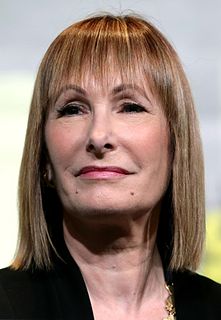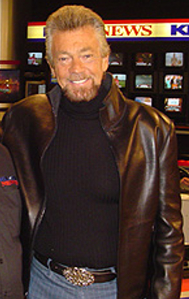A Quote by Steven Knight
A funny thing about film is that it's the only medium where people say there are really rules that you have to stick to. Nobody says to the writer - in a film you've got to have three acts - there's a character arc you have to do - there's no reason that's true.
Related Quotes
The great thing about television is that you get to tell, like with "The Walking Dead", 16 hours worth of character-driven storytelling in less time than it takes to make a feature film. So, it really is a medium at least for storytellers who are passionate about not only the genre but also the character-driven genre stories. It's probably a better medium.
When a film is reviled, you open a film and people say "Oh, it's the stupidest thing, it's the worst movie." You think: oh, nobody's going to ever speak to you again. But, it doesn't happen. Nobody cares. You know, they read it and they say "Oh, they hated your film." You care, at the time. But they don't. Nobody else cares.
As a writer, you know what the purpose of the scene is. It really has nothing to do with the actor so you have to really get out of that space because for actors it's a micro-focus and then you figure out your arc through what the writers have given you to say. But that arc is just one little piece of the huge arc of the whole film. It took a while to get out of that.
I've never been funny. I don't think I'm funny. People say I'm funny. I go, 'No. No. I'm not.' But again, knowing what it means to film on a TV show and on film, you have to repeat, repeat, repeat. You have to do the same thing a number of times if you're filming a sequence. And to carry that energy in a comedic mode, would be a challenge that I really would frightfully scared, but I'd have to buck up and pull up my bootstraps and say, 'I can do this. Let's figure it out.'
The first thing I say when people ask what's the difference [between doing TV and film], is that film has an ending and TV doesn't. When I write a film, all I think about is where the thing ends and how to get the audience there. And in television, it can't end. You need the audience to return the next week. It kind of shifts the drive of the story. But I find that more as a writer than as a director.
I got to play a funny part [in the The Master Of Disguise]. There was one thing my character did that involved flatulence and laughing at the same time - that was in the script - and that was basically what sold me on it. I really thought, "This can't help but be funny." And when I saw the film, I was proud that I'd had those moments.




































